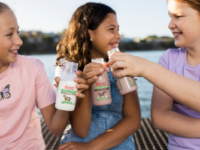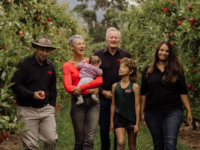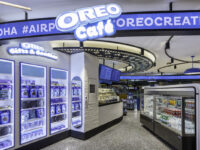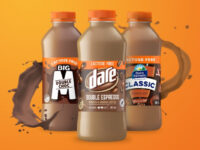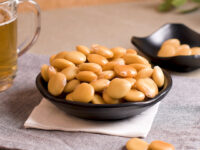
What is the impact so far of the COVID-19 pandemic on the agri-food sector?
The answer to this question is complex and has to take into account many factors directly and indirectly connected to the sector.
However one significant statistic centres around food fraud and authenticity. Globally, in the first 6 months of 2020, food fraud events have increased by 61% compared to the second half of 2019*. This is a huge difference that threatens to undermine food safety, industry credibility and even consumer health.
What is food fraud?
Food fraud can be defined as the deliberate production and/or commercialisation of non-compliant food for financial gain. Food fraud jeopardises product authenticity, causes economic damage and can pose a risk to consumer health. It can include:
- Adulteration/tampering of food (substituting or mixing less expensive ingredients into premium products)
- Mislabelling/Counterfeit (labelling a lower quality product as a premium product)
- Making false or misleading claims about a product’s country of origin or how it was made
- Misrepresenting the nutritional qualities of a product or the weight of a product
The food categories most susceptible to food fraud are olive oil, honey and maple syrup, fish, milk, organic food, grains, coffee and tea, spices and fruit juice, but others have also been affected.
Some of the more recent and common food fraud incidences involved horse meat being sold as beef, melamine added to cows milk, adulterated honey watered down with corn syrup or sugar, counterfeit labelling of premium wine brands, herbs and spices being replaced with other similar looking inferior products, and the list goes on.
Why does it matter?
According to Pricewaterhouse Coopers, food fraud costs at least $A65 billion globally each year, with 10–20% of all food and wine products not what they claim to be.
Not only is there a direct cost, but brand damage and consumer mistrust are immeasurable costs that can have long lasting impacts, especially during this global pandemic crisis where consumers are particularly vulnerable and looking for a brand they can rely on.
International standards such as BRC, IFS, or FSCC are requiring food companies to perform a proper risk assessment on their products, and that includes fraud.
What can you do to protect your brand?
Protecting your product, brand, and company against food fraud is imperative to maintaining credibility and authenticity. Technology is rapidly evolving to allow verification and traceability of product and claims.
As a business, you can keep track of all these new food frauds and
alerts with Mérieux NutriSciences SAFETY HUD, the Food Compliance Solutions’
platform that monitors daily over 90 official agencies in 58 countries.
Additionally, Mérieux NutriSciences supports food companies in the prevention
and reduction of food fraud with a full management of these issues along the
food chain. With over 50 years in the
food safety and quality business, their services include animal speciation
testing, labelling and claims compliance consulting, blockchain technology,
auditing, next-generation sequencing
(NGS) and whole genome sequencing (WGS).
Don’t risk the value and premium credentials you have worked hard to achieve in your product. Whether you need to perform a risk assessment on your products, implement a mitigation plan, or run analytical testing, Mérieux NutriSciences’ scientists and consultants are ready to assist you.
Visit www.merieuxnutrisciences.com/au or email sales.bdm.au@mxns.com
*Safety HUD, Mérieux NutriSciences 2020



